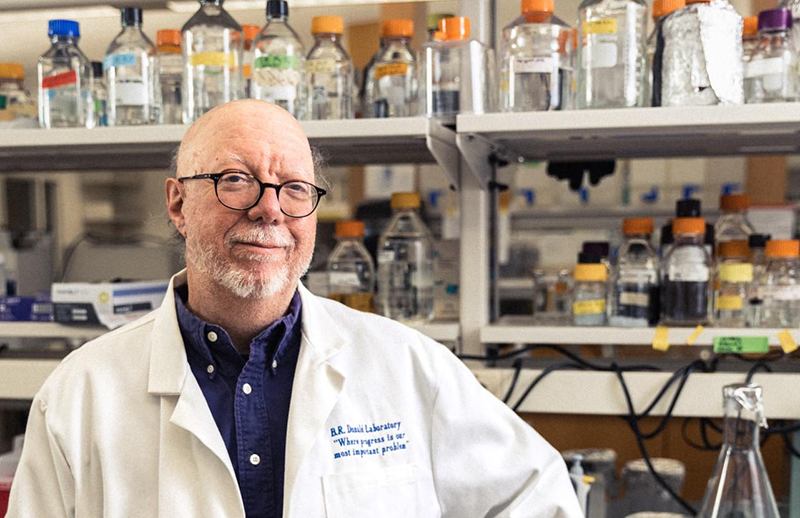Seven Life-saving Health Breakthroughs from Duke
From daily medications to modern ultrasounds, many of the advances that are part of our daily lives grew out of research conducted at Duke and supported by federal research funding.
PhD Student Focuses on Heat, Health, and Community
Elizabeth Rojo, a PhD candidate in Population Health, aims to develop interventions to protect vulnerable populations such as farm workers from the effects of extreme heat.
The AI That’s Finally Making Sense of Chronic Fatigue Syndrome
Artificial intelligence has helped map the hidden biology behind the pain, dizziness, and exhaustion of chronic fatigue syndrome, and identified new biomarkers to improve diagnosis.
Newly Discovered ‘Sixth Sense’ Links Gut Microbes to the Brain in Real Time
A newly discovered “neurobiotic sense” reveals how gut cells listen to microbial chatter and signal the brain to influence hunger, cravings, and behavior.
Memories from Half a Century in Global Health
Professor Emeritus of Pediatrics Dennis Clements, MD, PhD, who retired on June 30, shares the stories behind some of the objects in his office that trace his 50 years at Duke.
New AI Model Makes Drug Discovery Faster, Smarter, and More Transparent
A new algorithm could help researchers better predict how molecules bind to proteins —an essential step in designing more effective drugs to treat a wide range of diseases.
AI Tool May Help Some Prostate Cancer Patients Avoid Hormone Therapy
Researchers at Duke Cancer Institute, working with a health technology company, have developed an AI-powered biomarker that could help determine which patients need extended hormone therapy and which could safely avoid it.
New Technique Could Increase Infant Heart Transplant by 20%
A Duke Health team led by Joseph Turek, MD, PhD, performed the world's first on-table heart reanimation for infant transplant, an advance that could dramatically expand the donor pool for pediatric heart transplants.
Rapid Diagnosis for a Disease Where Delay Can Be Deadly
A team led by Thuy Le, MD, PhD, associate professor of medicine and global health, developed a tool that significantly improves the speed and accuracy of diagnosis for a rare fungal disease called talaromycosis.
Duke Health Integration: A Conversation with DHIP President Matt Barber, MD
In this conversation, Dean Klotman and Matthew Barber, MD, president of the Duke Health Integrated Practice (DHIP) and vice dean for clinical affairs, reflect on DHIP’s two-year anniversary. They highlight its role in unifying Duke Health’s clinical, academic, and community missions.









